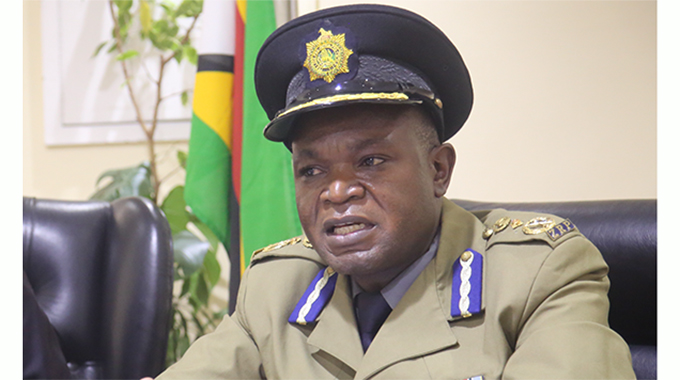Marriage laws challenged

 Chief Court Reporter
Chief Court Reporter
Two victims of child marriage have taken Government to court challenging the constitutionality of the country’s marriage laws which they said were discriminatory on the legal age of marriage for a girl child.
In an application that seeks protection of children’s rights, particularly girls who are being subjected to early marriages, two Glen View women — Loveness Mudzuru and Ruvimbo Tsopodzi — want the Constitutional Court to declare unconstitutional some of the provisions of the Marriage Act.
The two, who are being represented by Mr Tendai Biti of Tendai Biti Law Firm, are also asking for an order declaring the Customary Marriage Act unconstitutional, arguing it does not provide for a minimum age limit for marriages.
Mudzuru, a mother of two and Tsopodzi, who has one child, were both married at the age of 15 while they were still going to school.
They listed Ministries of Justice, Legal and Parliamentary Affairs, Women Affairs, Gender and Community Development and the Attorney-General as respondents.
According to the law, for a person contracting a marriage in terms of the Marriage Act (Chapter 5:11) no boy under the age of 18 and no girl under the age of 16 may do so without the consent of Minister of Justice, Legal and Parliamentary Affairs.
However, in terms of the Customary Marriages Act (Chapter 5:07), there is no specified marriage age for persons intending to contract a customary law marriage.
“What this effectively means is that the legal age of marriage for a boy is eighteen years and that of a girl is sixteen,” argues Mudzuru in her founding affidavit in an application filed at the Constitutional Court on Tuesday.
“This is clearly discriminatory and unconstitutional.”
She argues that the legitimate age of marriage in Zimbabwe for all sexes should be 18 whether a person is marrying in terms of the Marriage Act or the Customary Marriages Act.
It is Mudzuru’s contention that the marriage of any child, boy or girl, under the age of 18 amounts to child abuse and in breach of Section 81 of the Constitution of Zimbabwe, which provides for children’s equal treatment before the law.
“I therefore make the point that any law in Zimbabwe that allows girls to be married or enter into unregistered customary law union or some other religious marriage, before the age of 18 years, is a breach of the equal protection provision of the constitution codified under article 56 (1) of the same,” she argues.
“The law thus needs to be brought in sync with the Constitution so as to protect these vulnerable persons in our community whose rights are clearly enshrined and protected by the new Constitution.”
Tsopodzi also filed her supporting affidavit to the constitutional application.
The two cited several regional and international legal instruments and reports on early child marriages in support of their case. They also seek to use the recent ZimStat’s Multiple Indicator Cluster Survey Report of 2014, which shows that child marriages in Zimbabwe are rife.
The report reveals that many young girls, particularly in the rural areas where there is massive poverty, are being subjected to early marriages before the age of 18.
International law has various protocols and frameworks that protect children’s rights that are consistent with the Zimbabwean Constitution.
One of them is the African Charter on Rights and Welfare of the Child, which prohibits child marriages. Government has 10 days to respond to the application.










Comments